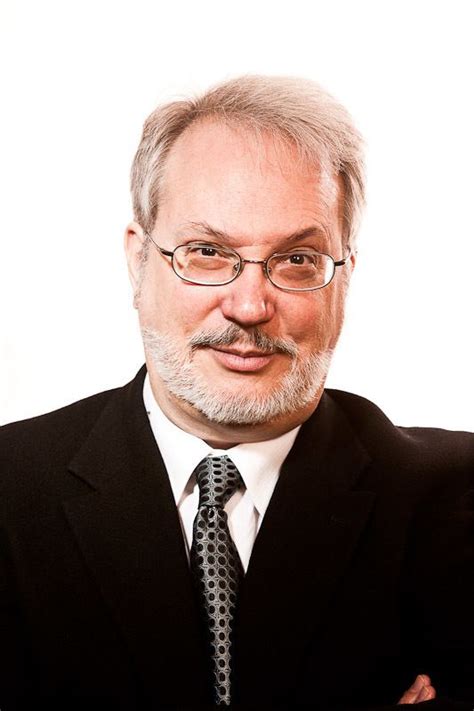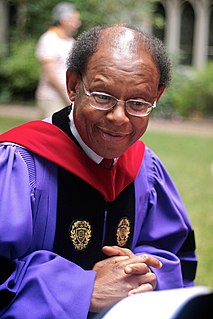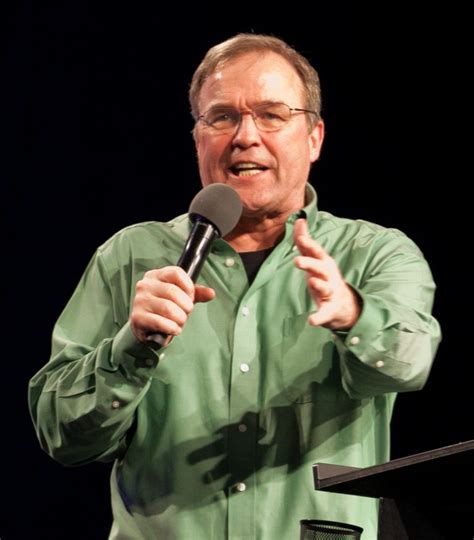A Quote by Matt Chandler
Don't create theology about God so that you can feel better about Him.
Related Quotes
It is God who gives us the spirit of worship (Psalm 133:3), and it is what we know of God that produces this spirit of worship. We might say that worship is simply theology, doctrine, what we think about God, going into top gear! Instead of merely thinking about Him, we tell Him, in prayer and praise and song, how great and glorious we believe Him to be!
The ultimate test of my understanding of the scriptural teaching is the amount of time I spend in prayer. As theology is ultimately the knowledge of God, the more theology I know, the more it should drive me to seek to know God. Not to know about Him but to know Him! The whole object of salvation is to bring me to knowledge of God. If all my knowledge does not lead me to prayer there is something wrong somewhere.
You hear a lot about God these days: God, the beneficent; God, the all-great; God, the Almighty; God, the most powerful; God, the giver of life; God, the creator of death. I mean, we're hearing about God all the time, so we better learn how to deal with it. But if we know anything about God, God is arbitrary.
The ultimate goal of theology isn't knowledge, but worship. If our learning and knowledge of God do not lead to the joyful praise of God, we have failed. We learn only that we might laud, which is to say that theology without doxology is idolatry. The only theology worth studying is a theology that can be sung!
I do not believe that God intended the study of theology to be dry and boring. Theology is the study of God and all his works! Theology is meant to be LIVED and PRAYED and SUNG! All of the great doctrinal writings of the Bible (such as Paul's epistle to the Romans) are full of praise to God and personal application to life.
God created the world; the laws of nature were created by God. True science tries to find out what God put in the world. The trouble is where scientists speculate about theology and they don't know what they're talking about because they weren't there. They can't speculate about the origins of life because they weren't there.
About God, I cannot accept any concept based on the authority of the Church... As long as I can remember. I have resented mass indoctrination. I cannot prove to you there is no personal God, but if I were to speak of him, I would be a liar. I do not believe in the God of theology who rewards good and punishes evil. His universe is not ruled by wishful thinking, but by immutable laws
People say to me, Hey, Bill, the war made us feel better about ourselves. Really? What kind of people are these with such low self-esteem that they need a war to feel better about themselves? May I suggest, instead of a war to feel better about yourself, perhaps... sit-ups? Maybe a fruit cup? Eight glasses of water a day?



































